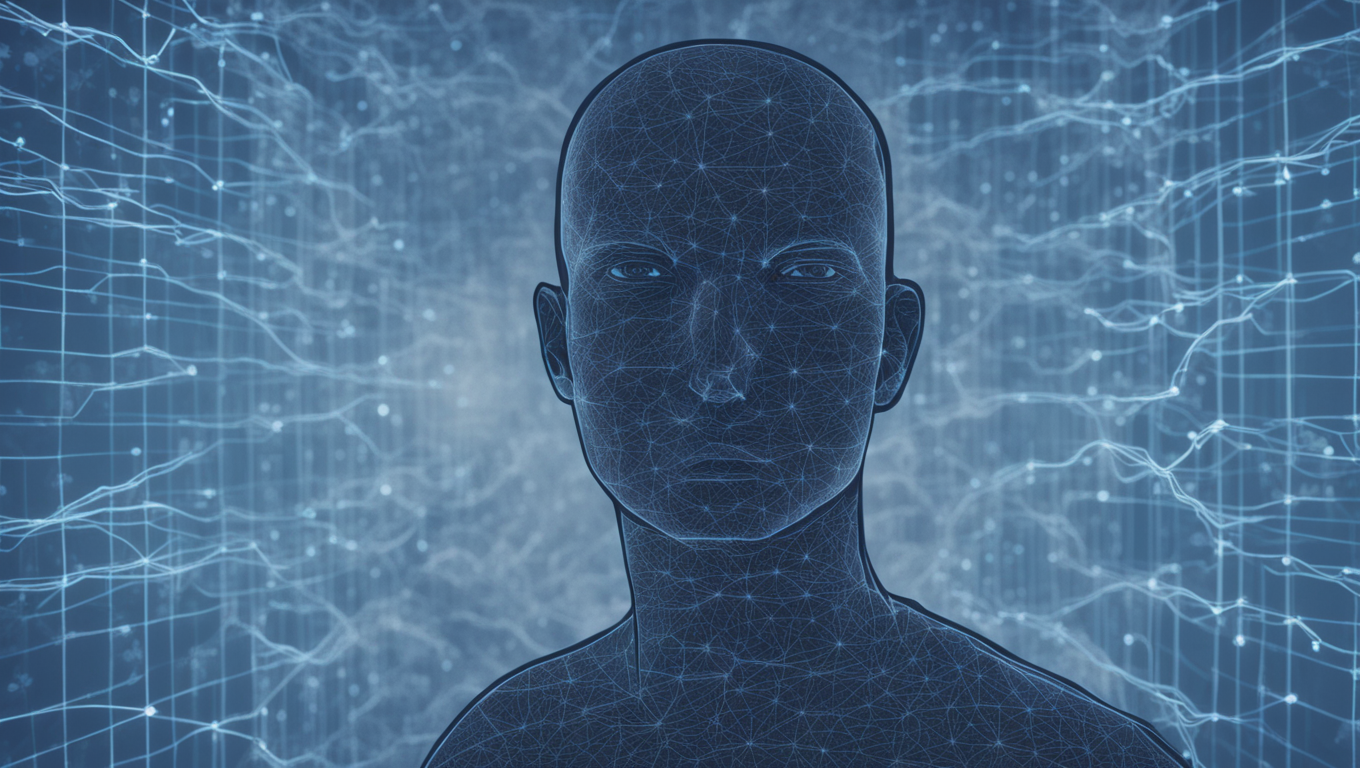Artificial intelligence is now being used to combat the mental health crisis among veterans in the United States. ReflexAI, a San Diego-based company, has developed a new product called HomeTeam with the goal of preventing veteran suicide. According to the company, 17 veterans die by suicide every day, highlighting the urgent need for effective mental health support within the veteran community. HomeTeam is a digital training tool that aims to equip veterans with the skills and confidence to support their fellow vets through mental health challenges.
HomeTeam consists of four training modules: communicating support, talking about suicide, establishing safety, and connecting to resources. The program utilizes AI simulation, allowing trainees to test their skills by answering quizzes and interacting with an AI-powered chatbot named Blake. Blake has been programmed to converse like a real American military veteran, with a persona of a 35-year-old Marine veteran facing mental health challenges. The chatbot is designed to sound authentic and uses language that resonates with veterans.
The purpose of HomeTeam is not only to provide training but also to create a sense of trust and connection between trainees and the AI-powered chatbot. “Building trust and getting someone to open up is not just about having a conversation with a friend, but it’s actually taking action and building a bridge,” said Sam Dorison, co-founder of ReflexAI. The chatbot encourages trainees to ask open-ended questions to encourage it to open up, creating a safe space for conversation and support.
ReflexAI has worked closely with veterans throughout the creation of HomeTeam to fine-tune the content and ensure that it meets the expectations and experiences of the user. The company is committed to serving the veteran community and sees HomeTeam as a critical tool for reinforcing the skills needed to build closer connections and make a positive impact on the lives of veterans.
The idea for HomeTeam came about after ReflexAI was asked to pitch the Department of Veterans Affairs (VA) on ways to improve veteran crisis training. The team conducted extensive research with veterans, including national polling, focus groups, and one-on-one interviews, to develop the product. They found that while 92% of veterans are open to supporting or being supported by another veteran in times of crisis, only 25% feel prepared to do so. HomeTeam aims to bridge this gap and empower veterans to provide meaningful support to their peers.
The launch of HomeTeam has been met with positive feedback from organizations like Irreverent Warriors, Stack Up, and the Purple Heart Foundation, all of whom have implemented the training. HomeTeam is now available for any organization or individual to access for free.
The creators of HomeTeam hope that one million veterans will experience the program within its first year. “Our hope is that it truly becomes a go-to for veteran mental health peer support,” said Dorison. While the app has the potential to provide timely support and educate people about effective communication strategies and recognition of warning signs, it is important to address potential limitations. AI might not fully capture the complexities of mental health issues, and there may be concerns regarding data privacy and digital literacy.
Dr. Harvey Castro, an emergency medicine physician, believes that HomeTeam shows great promise in using AI for veteran mental health support. However, addressing potential drawbacks and integrating it effectively into clinical research and healthcare will be crucial for its success.
In the fight against the mental health crisis among veterans, artificial intelligence is proving to be a valuable tool. HomeTeam offers a unique opportunity for veterans to practice and strengthen their abilities to support their peers. By leveraging AI and creating a safe and supportive environment, HomeTeam is working to save lives and make a lasting impact on the mental health of America’s heroes.





Use the share button below if you liked it.